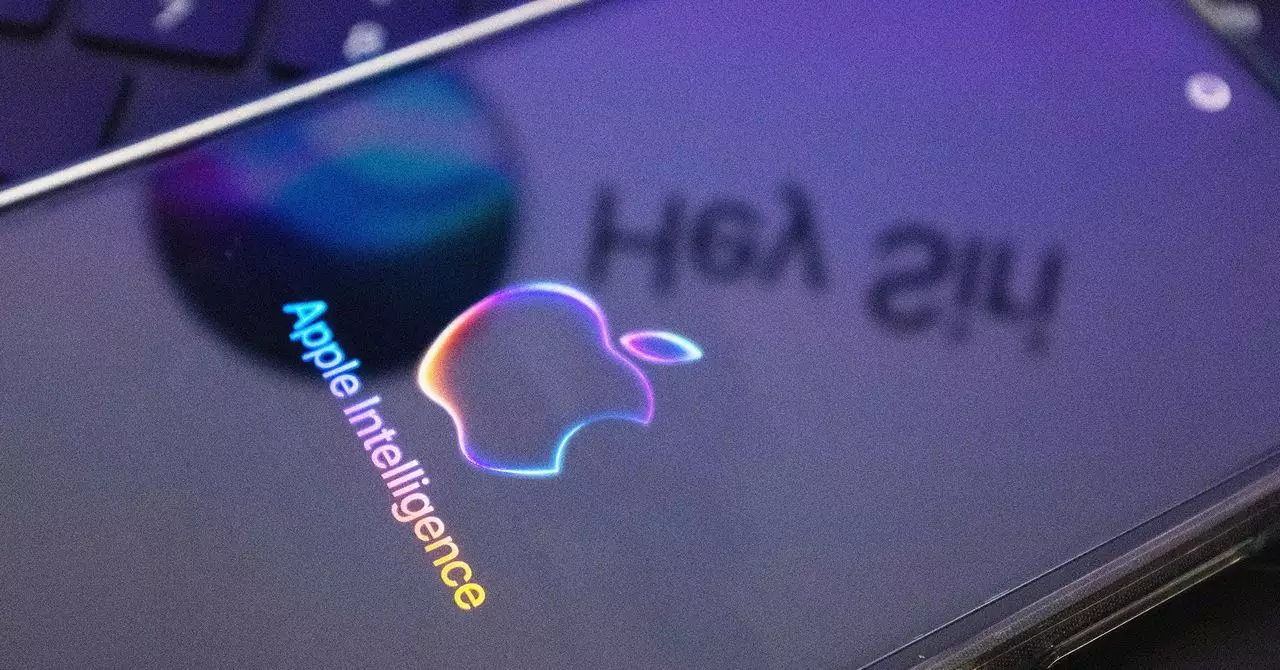The allure of innovation has always captivated technology leaders, and Apple’s journey with Siri is no exception. Upon its initial acquisition, Steve Jobs himself became enamored with the potential of this nascent technology. Tom Gruber, a key figure in Siri’s creation, poignantly recounts how Jobs took a hands-on approach during the acquisition. Engaging deeply in negotiations and ensuring the integration of Siri into Apple’s ecosystem, Jobs envisioned a future dominated by intelligent voice interaction. However, this vision reveals a broader problem: the internal complexities and limitations of early virtual assistant technologies.
Behind the Curtain of Early Siri
Despite its ambitious beginnings, those deeply involved in its development have painted a picture of incomplete functionality. Richard Williamson, a former Apple executive, candidly discussed the rudimentary state of Siri when it was first introduced. This was not the Artificial Intelligence marvel that Apple marketed; rather, it was a clever but fundamentally flawed imitation that operated within constrained parameters. Williamson’s critical remarks expose a truth that many consumers might not realize: early Siri was a series of smoke and mirrors—a demonstration rather than a fully functioning product. Notably, the absence of advanced natural language processing (NLP) capabilities severely limited its performance, relying mainly on keyword matching rather than genuine contextual understanding.
The Persistent Challenges of Modern Siri
Despite numerous advancements in AI since Siri’s debut, it has struggled to win over users in an increasingly competitive landscape. While chatbot technology has matured and is embraced daily by millions on rival platforms like Alexa and Google Assistant, Siri often falls short, failing to deliver on the promise of a true conversational partner. The question that looms large is why Siri has remained stagnant in an era of rapid innovation. One crucial aspect to consider is the stringent privacy policies Apple has championed. Unlike its competitors, Apple’s approach necessitates a more careful handling of user data, which can inhibit the depth of functionality Siri is capable of achieving.
Privacy vs. Performance: The Dilemma Facing Apple
The tension between a commitment to user privacy and the need for functional excellence presents a unique dilemma for Apple. On one hand, the company has built its reputation on being a guardian of user data, positioning itself as a safer alternative in the tech industry. However, as Gruber aptly points out, this focus on privacy can paradoxically lead to performance limitations. In pursuit of maintaining a clean and positive corporate image, Apple may miss opportunities to fully harness the data needed for Siri to evolve into a truly intelligent assistant.
This cautious approach inevitably sets Siri apart from competitive offerings like Google Assistant, which thrives on data-driven insights to deliver a more personalized and dynamic experience. Users often criticize Siri as being less intelligent and intuitive, which can be traced back to its restricted access to contextual data, a factor that severely limits its adaptive learning capabilities.
Advancements and Dual System Approach
As Apple moves forward, it attempts to reconcile these dual priorities with an innovative approach. The impending evolution of Siri hinges on a dual system that combines on-device processing with cloud-based solutions, partitioning simpler tasks to the iPhone while sending more complex queries to AI systems like OpenAI. This hybrid model could potentially bridge the gap in performance, but it also requires user consent to share data, generating a new layer of complexity in Apple’s strategy.
Recent estimates suggest that Apple’s localized AI models are considerably less nuanced compared to the expansive architectures of leading industry competitors—an indicator of the vast distances yet to be covered in this digital race.
Siri’s trajectory encapsulates a profound challenge faced by modern tech companies: the delicate balancing act between preserving user privacy and pushing the boundaries of innovation. As consumer expectations evolve amidst growing capabilities of artificial intelligence, how Apple navigates this conundrum will shape not just Siri’s future, but also the broader conversation around ethical technology deployment.

